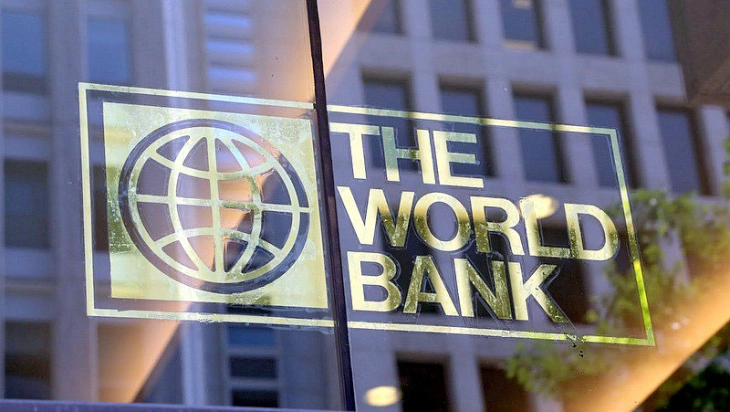World Bank revises up North Macedonia's growth forecast
- The World Bank has revised upward the forecast for the growth of the Macedonian economy in 2025 and 2026. In its latest Global Economic prospects, the World Bank estimates that the country's economy will grow by 3.0 percent in 2025, which is 0.1 percent more than the previous projection. A growth of 3.2 percent is forecast for 2026, i.e. an increase of 0.2 percent compared to the previous estimate.
- Post By Nevenka Nikolik
- 11:47, 18 janar, 2025

Washington, 18 January 2025 (MIA) - The World Bank has revised upward the forecast for the growth of the Macedonian economy in 2025 and 2026. In its latest Global Economic prospects, the World Bank estimates that the country's economy will grow by 3.0 percent in 2025, which is 0.1 percent more than the previous projection. A growth of 3.2 percent is forecast for 2026, i.e. an increase of 0.2 percent compared to the previous estimate.
Of the countries in the region, in 2025 Bulgaria will see growth of 2.8 percent, Croatia 3.0 percent, Bosnia and Herzegovina 3.2 percent, Albania and Montenegro 3.5 percent each, Kosovo 3.9 percent, and Serbia 4.2 percent.
Also, activity in the Western Balkans is projected to accelerate, with growth reaching 3.7 percent in 2025 and 3.9 percent in 2026.

Private consumption and investment are expected to play a major role, especially in Kosovo, Montenegro, North Macedonia, and Serbia. In addition, the euro area’s sluggish growth is anticipated to provide only limited support for exports.
According to the World Bank, the European Commission’s Growth Plan for the Western Balkans could double the size of the region’s economy within a decade, supporting EU accession and enhancing infrastructure financing and market integration.
Main risks include geopolitical tensions. Russia's invasion of Ukraine remains a significant factor in shaping the regional outlook. Any further escalation could lead to greater economic disruption throughout the region.
Delays in implementing structural reforms could hinder the disbursement of EU funds to Central Europe and the Western Balkans and postpone EU accession prospects for current candidate countries. Moreover, some economies may encounter additional challenges in executing largescale EU-funded infrastructure projects.

The World Bank expects global growth to hold steady at 2.7 percent in 2025-26. However, it notes, the global economy appears to be settling at a low growth rate that will be insufficient to foster sustained economic development.
According to Deputy Chief Economist of the World Bank Group, Ayhan Kose, it is a rate the world can "live with", but would not be enough to improve people's living standards in both richer and poorer countries.
The World Bank's report also warns of additional obstacles, including increased political uncertainty and negative effects in trade policy, geopolitical tensions and persistent inflation, as well as climate-related natural disasters.
Photo: MIA archive / print screen







